Researchers suspect delousing methods elevate stress hormones in farmed salmon, promoting bacterial growth
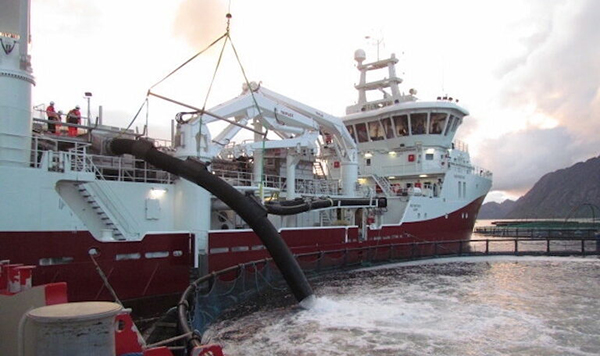
Could stress hormones explain rising infections in Norwegian-farmed salmon? Scientists suspect it’s possible.
Researchers from Iowa State University and the Norwegian Veterinary Institute (NVI) are collaborating on a three-year research project to investigate whether stress hormones are making farmed salmon more susceptible to bacterial disease, which costs the industry an estimated $100 million per year.
In Norway, bacterial diseases are on the rise at sea farms where salmon are raised. The outbreaks involve numerous pathogens, both re-emerging and new concerns, but there’s no indication of any decisive genetic changes in the bacteria or the fish, which are bred for disease resistance. The environment in the sea cages, including the water temperature, has remained steady.
However, the spike in disease rates in recent years coincides with the steep rise in physical delousing – a method that may trigger the release of “fight or flight” stress hormones, such as norepinephrine and epinephrine. These neurochemicals can prompt physical reactions (like an increased heart rate and blood sugar levels) in the fish as well as also promote bacterial growth that can lead to increased infections. Symptoms often appear shortly after the delousing treatments, which can be conducted as frequently as every month during the summer, according to Dr. Snorre Gulla, a senior researcher at NVI.
“Our overall ambition is to create new knowledge and increased understanding of important bacterial diseases in Norwegian aquaculture through unraveling whether microbial endocrinological processes are important facilitators of bacterial diseases in fish,” said Gulla. “This can hopefully lead to better mitigation strategies.”
Starting in July, the researchers will expose fish-associated bacteria to stress hormones in a lab and to stressed fish in water. The team also aims to develop tools for monitoring stress hormone levels in salmon stocks.
Read more about the study here.
Follow the Advocate on Twitter @GSA_Advocate
Now that you've reached the end of the article ...
… please consider supporting GSA’s mission to advance responsible seafood practices through education, advocacy and third-party assurances. The Advocate aims to document the evolution of responsible seafood practices and share the expansive knowledge of our vast network of contributors.
By becoming a Global Seafood Alliance member, you’re ensuring that all of the pre-competitive work we do through member benefits, resources and events can continue. Individual membership costs just $50 a year.
Not a GSA member? Join us.
Author
Tagged With
Related Posts
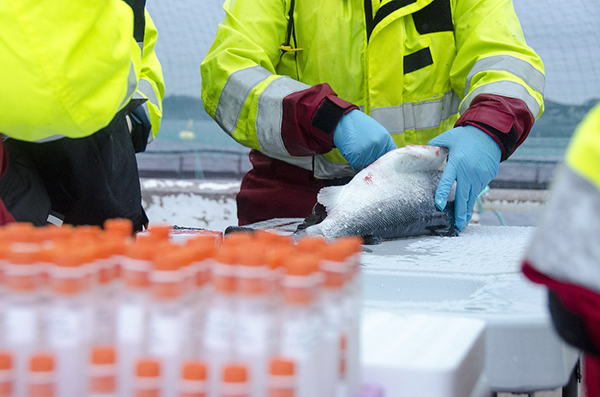
Health & Welfare
Microbiome of parasite can impact salmon health, scientists say
The microbiome of a parasite – meaning everything that lives inside the parasites – can play a role in salmon health, a new study says.
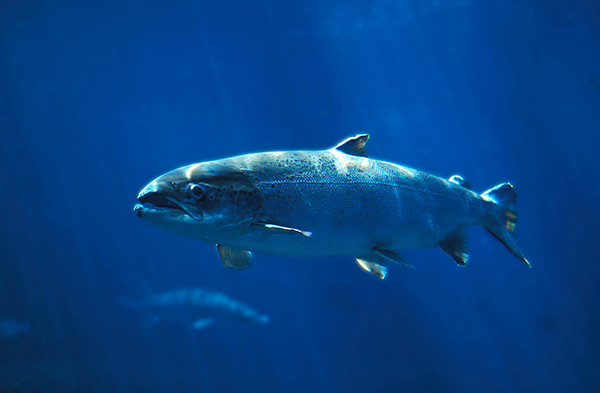
Health & Welfare
Aquaculture researchers begin work on first non-lethal immunology testing kit for Atlantic salmon
Researchers are developing a first-of-its-kind immunology testing kit for Atlantic salmon that could monitor all aspects of fish health.
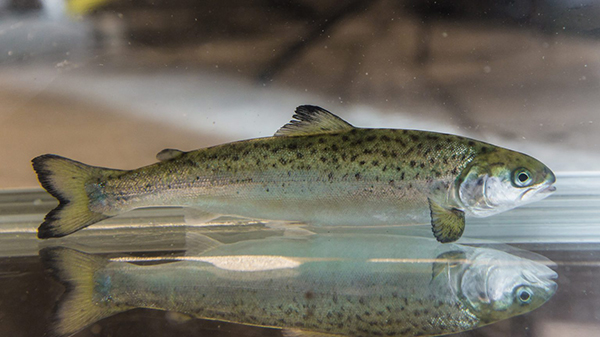
Health & Welfare
Health test for salmon smolt may improve survival chances
Nofima scientists have developed a test that measures the immune status of salmon smolt that could increase the smolts’ chances of survival.
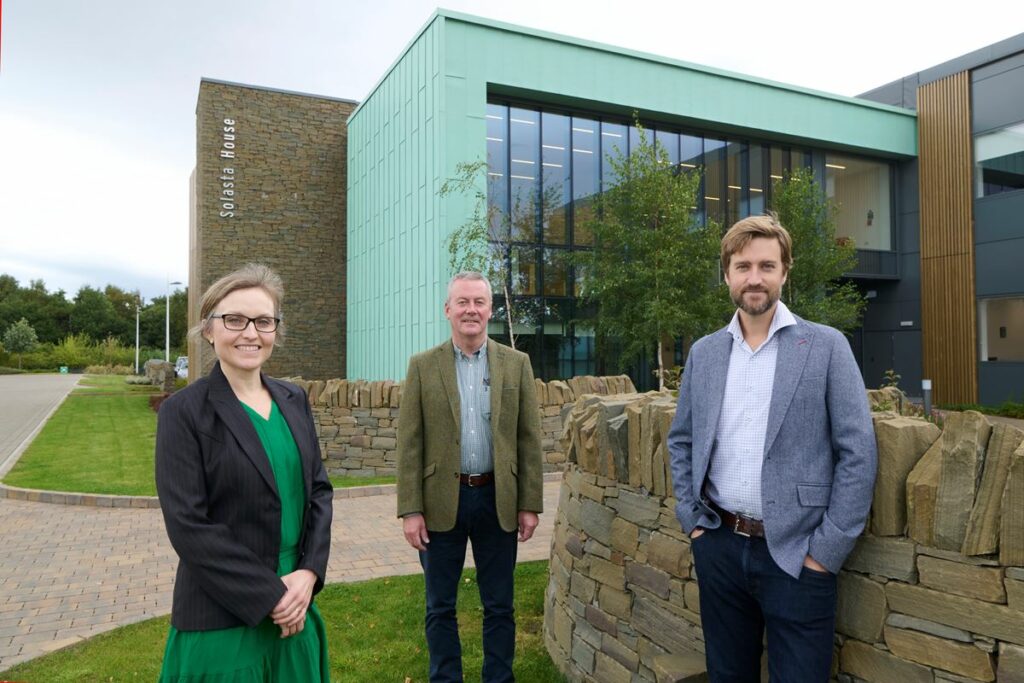
Health & Welfare
Molecular biology lab in Scotland will expedite PCR testing for fish farming operations
A new molecular biology lab in Scotland will help expedite test results to fish farming operations using PCR.



